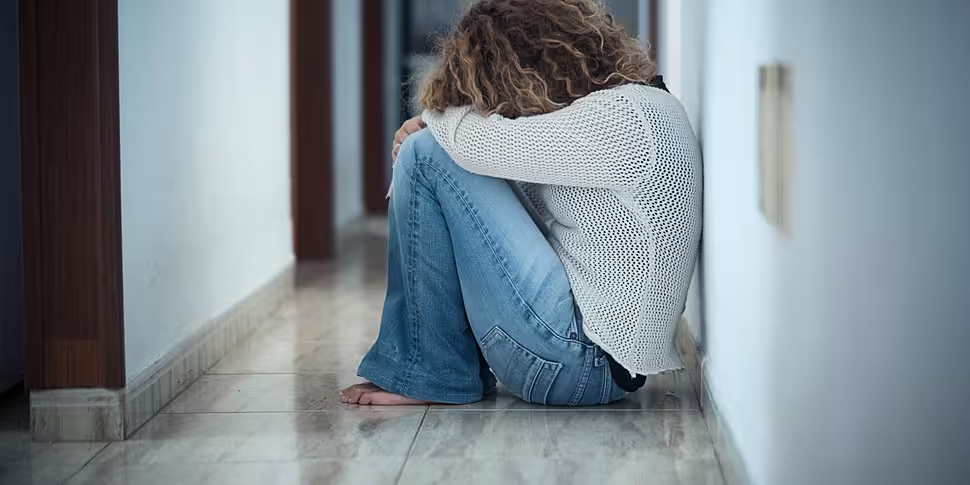January depression is just “part of life” for some people, according to a leading psychiatrist and Trinity Professor.
Dr Brendan Kelly joined The Pat Kenny Show today to discuss the phenomenon of Seasonal Affective Disorder (SAD), a type of depression that happens at certain times of the year.
Dr Kelly said the condition is most pronounced in January.
“There is this sadness and glumness over the end of Christmas and another New Year – the dark evenings and so forth,” he said.
“For some, it gets to the point where it becomes reasonable to say they have something called Seasonal Affective disorder.
“This is for people whose dip in mood is more than normal of what you could expect or explain.
“It’s more like depression than simply a problem of living or having the January blues.”
Hibernation
“There’s a hibernation type-thing” going on too that contributes to SAD at this time of year, according to Dr Kelly.
“There’s lots of extra sleeping, overeating, weight gain and social withdrawal,” he said.
“If you feel this way it is important to be compassionate towards yourself as you can help yourself in certain ways.
“You can notice it’s happening, seek support of other people, do try and go outside as light has an enormous amount to do with it.
“That’s why it happens at this time of year, if going outside is impossible at this time of year for you, you can go and get a light box that can emit a very high-intensity light.”
Sun holiday
Dr Kelly advised the public to seek a doctor’s advice before purchasing such a box, called a SAD Lamp, and said a sun holiday could also help.
“If you took a trip to a very sunny country, that would get you as much light as you need, if not more than what I’m describing,” he said.
“Obviously, there are environmental concerns about the entire country flying off to Spain every winter but it’s a fair point that a break from routine is good and a big blast of light into our bodies can very much help with SAD.”
The expectation and pressure to transform your life in January is “detrimental” to the mental health of many, according to the psychiatrist.
“Some people like the new start and spring out of bed in the New Year full of joy,” said Dr Kelly.
“But a lot of us in January and February should focus on self-acceptance and realising we are who we are, there are limitations which are very good things and we don’t need to transform ourselves.
“If we want to make changes in our life, the New Year starts every single morning not just January first.
"Certainly, nobody should feel pressure to do anything on January 1st, it’s a difficult time to do anything with so little light just after Christmas.”
Summer depression
Dr Kelly said some people have SAD in the summer, himself included.
“People have trouble sleeping in the summer which is at the heart of it,” he said.
“They can also get a poor appetite, restlessness and various kinds of anxiety.
“It tends not to be severe but it’s a little difficult because everyone else is going around being happy and full of sunshine.”
Main image: A depressed woman sits on the floor. Credit: fabio camandona / Alamy Stock Photo.









